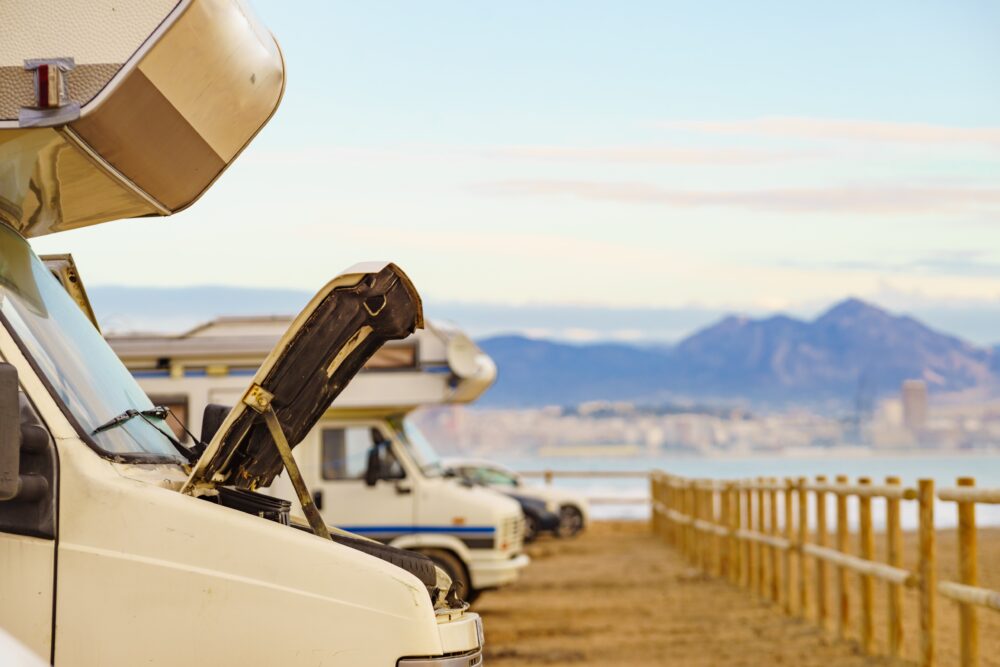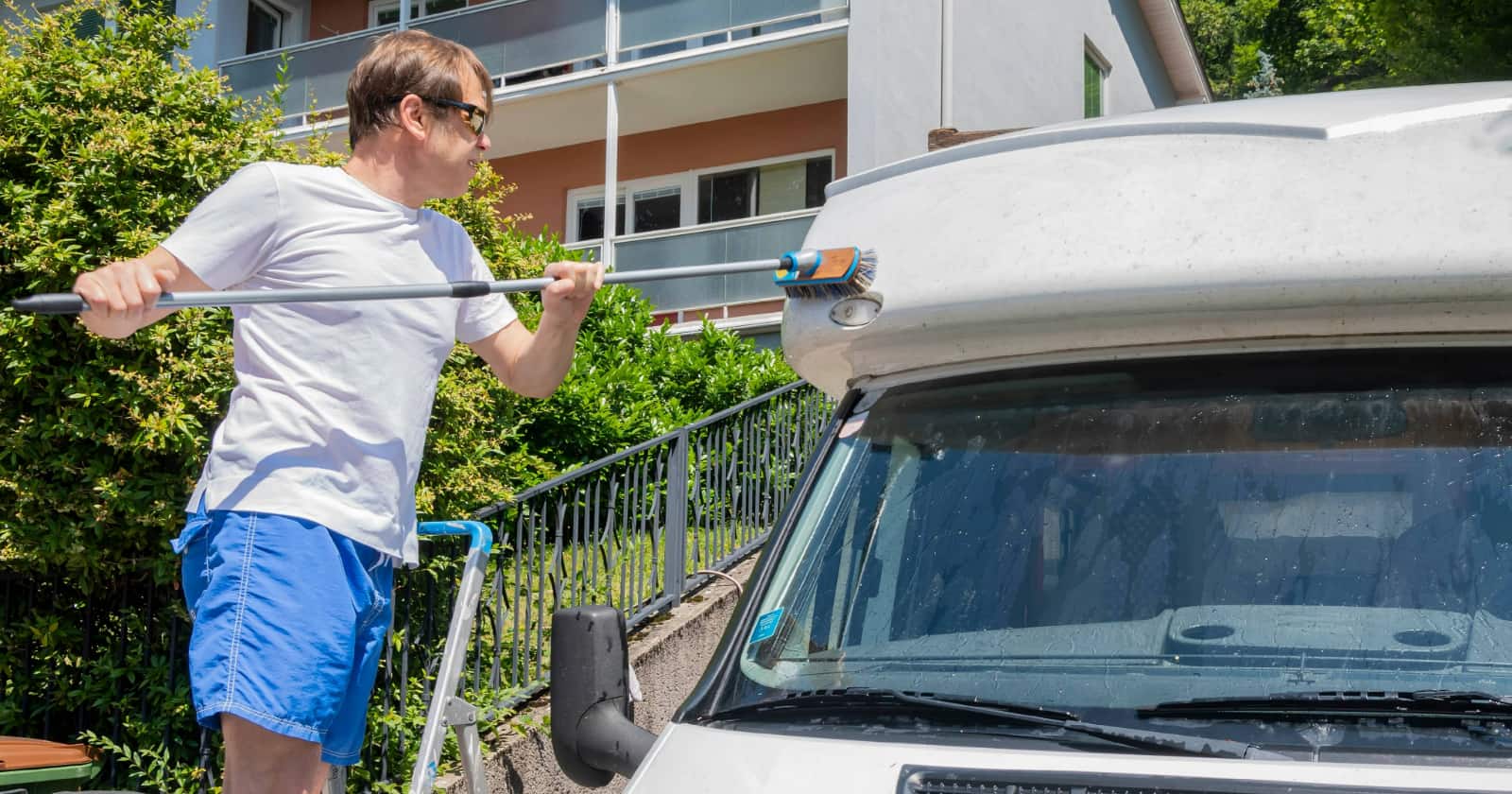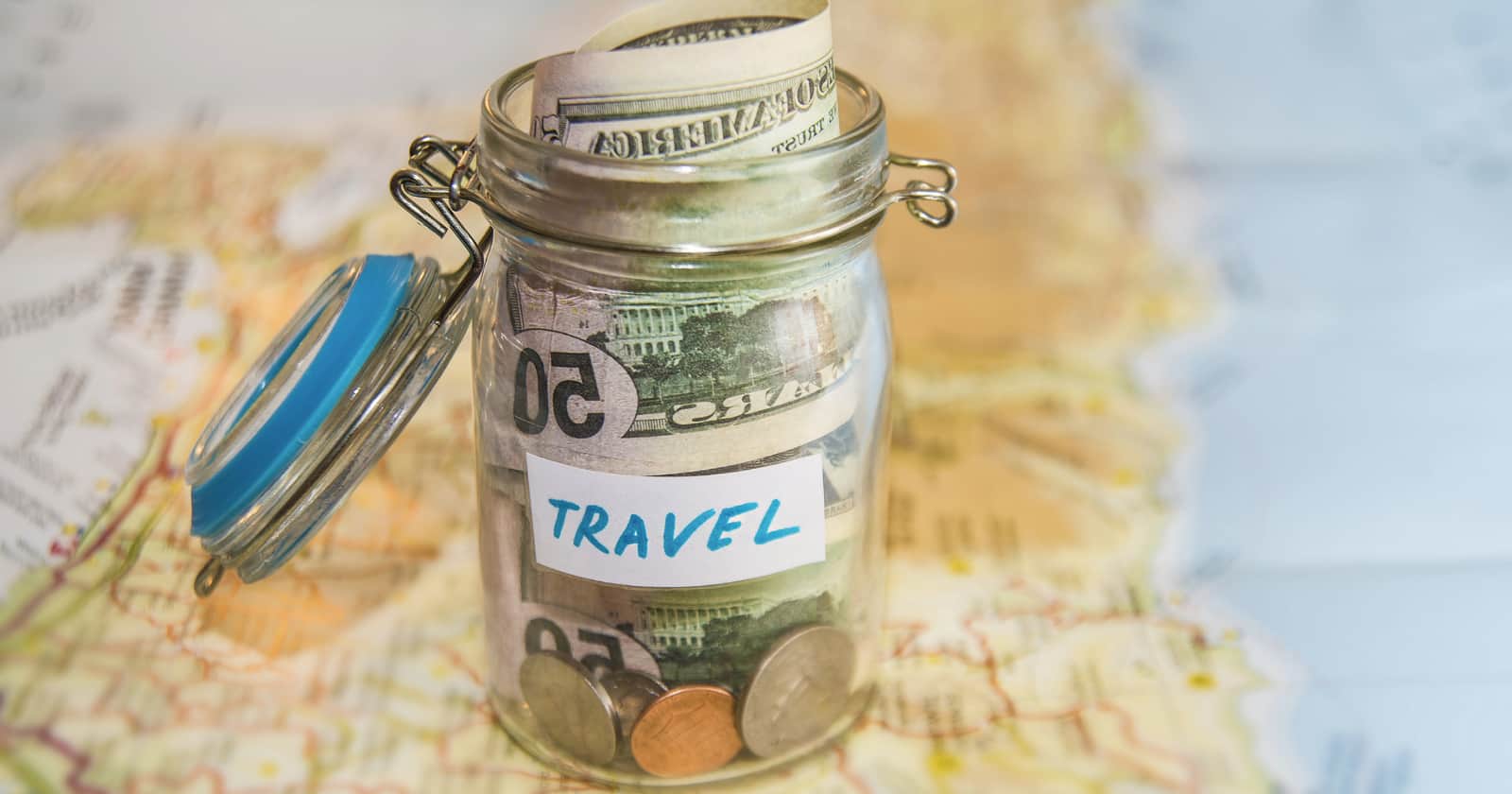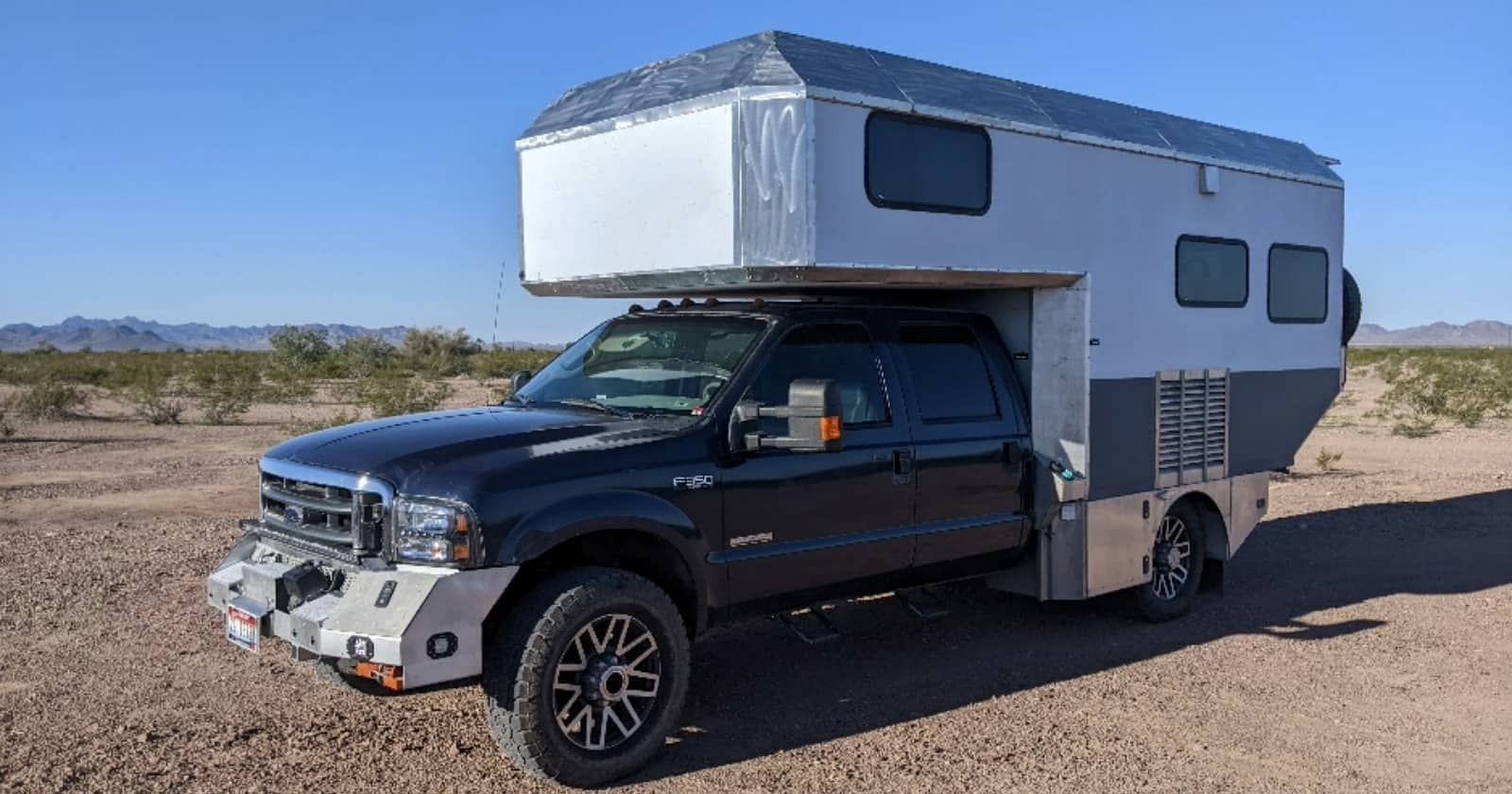
What To Do When Your RV Breaks Down Unexpectedly
RVs can tackle long road trips without any issues. But sometimes, they can also break down without much warning. When something goes wrong, you need to have strategies in place to fix these problems. Unexpected RV repairs are never fun, but they are necessary.
In some cases, you can fix the damage all by yourself! With a few tools and basic skills, you can resolve a wide variety of RV issues. But some repairs are impossible to do without professional help. Fortunately, there are several services and programs you can rely on for help, no matter where you are.
If you find yourself dealing with unexpected RV repairs, don’t worry. You’re not alone, and there are plenty of people who are standing by to help. Below, we’ll go through some of the different options you can explore. There are plenty of DIY methods, but sometimes you might need help from an outside source.
Join a roadside assistance program
Most RV issues are fairly easy to fix on your own. But sometimes, you don’t have the tools or know-how to get back on the road. In this case, you’ll need to call for outside help.
As an RVer, one of the best investments you can make is a roadside assistance program. These are available to anyone with a vehicle, but they’re particularly helpful for RVers who travel across the country. A roadside assistance program ensures that you have access to tow services, supply delivery, emergency jumpstarts, and more.
Some RV insurance plans include roadside assistance as a perk. This isn’t always the case, though. You might need to pay for a separate coverage plan to ensure you get the service you need. Different providers offer different benefits. Most of them will at least offer some towing miles, so you can get your RV to a mechanic. Others might offer roadside repairs, tire replacements, fuel delivery, etc.
There are lots of roadside assistance programs to choose from. Some of the most popular options for RVers include:
- AAA
- Coach-Net
- Good Sam Roadside Assistance
- Better World Club
- Paragon Motor Club
- Auto Insurance Providers (Progressive, Allstate, etc)
Some plans even offer additional perks, like rental services, compensation for trip interruption, and discounts on hotels and campgrounds.
At the end of the day, you should always ensure that you have somebody in your corner, no matter where you travel. Most of the providers above have large coverage areas, so you can access these benefits anywhere across the country.
Travel with a tool kit
If something goes wrong within your RV, you usually just need to make a few tweaks to set things right. Traveling with tools can be a huge help. There’s no reason to bring a whole workbench with you, but a good set of versatile tools can take you a long way.
Even if you’re not a skilled repairman, these tools are handy to keep around anyway. Your fellow campers might be able to help out if you have the necessary supplies. A good set of tools also isn’t too expensive. If you get a basic set of home/auto tools, it will usually cost less than $100.
A popular option for RVers is the Prostormer 210-Piece Household Hand Tool Set. It has a variety of screwdrivers, pliers, wrenches, drill bits, and much more. You’ll be glad to have an option like this when something breaks within your RV. It expands your options and might save you money because you won’t have to visit a mechanic.
Consult owner’s manuals and instructional videos
Next up, you need to deal with unexpected RV repairs as well as you can. RVs are complex systems. They’re basically a combination of a home and a vehicle, so you have to be prepared for all kinds of potential issues, such as a dead battery, a malfunctioning appliance, or a toilet clog.
Before you start fiddling around with the inner workings, you should always check your owner’s manual and instructions. There may be specifics about how certain pieces are constructed and how to fix them. There will also be crucial dos and don’ts in these manuals.
Once you have a general idea of what you might be dealing with, pull up some instructional videos and guides. YouTube is a great resource for RVers, and you can find specific walkthroughs for almost any issue. Forums can also be helpful because there’s a good chance that others have dealt with similar issues.
Check your warranties and insurance coverage
As you try to deal with unexpected RV repairs, you should check whether or not the damage is covered by a warranty. If your vehicle breaks down or a specific appliance malfunctions, you might be able to get a free replacement/repair from the manufacturer.
Always check your warranty before you try to fix things on your own. Sometimes your actions might invalidate the warranty, and you’ll lose money in the process. Insurance can also be helpful. For instance, some plans will cover unexpected damages. If the breakdown is bad enough to ruin your trip, you might qualify for trip reimbursement as well.
Call your insurance provider if you have any questions about your situation. They should be able to offer advice or put you in touch with local mechanics and qualified professionals.
Keep emergency supplies on hand
Unexpected RV repairs are just that—unexpected! You never know when they might occur. You could break down right next to a mechanic or in the middle of the forest. There’s a lot of uncertainty in these situations, so you need to ensure that you have access to basic necessities while you work on the problem or wait for help to arrive.
Every RVer should travel with an emergency kit. A 72-hour kit is preferred, but any amount of supplies will be helpful. These kits should include things like shelf-stable food, water, seasonal clothing, phone signal boosters/satellite phones, and medication. It may take time to fix the problem, so you should always keep these emergency supplies nearby.
How to prevent sudden breakdowns
In a perfect world, your RV would never break down! But unfortunately, things can still go wrong unexpectedly. However, there are usually some early warning signs you can look out for. If you catch the problem before it gets worse, you can prevent the vast majority of breakdowns. Follow the tips below to keep your RV in great shape!
Perform regular maintenance
Maintenance is the most important step when it comes to preventing unexpected RV repairs. There are lots of things you need to check in an RV, but they’re all important. In addition to regular oil changes and tire replacements, perform the following maintenance tasks:
- Refill lead-acid batteries
- Use a tire pressure monitoring system to keep your tires filled properly
- Check caulking around your roof, slideouts, vents, and windows
- Regularly clean and sanitize water tanks
- Replace filters
Make sure you keep track of all your RV maintenance and repairs with an online tool such as RV LIFE Maintenance. Not only can you keep all of your documents in one place, but you’ll also receive timely reminders when maintenance is due to help you avoid costly repairs and potentially serious accidents.
Test vehicle before every trip
RV systems will usually show signs of strain before they stop working altogether. That’s why you should test the various parts of your vehicle before every trip. Check all the appliances to ensure they’re running properly. Run your heating and A/C so you can test the air temperature. Check your brakes and wiring for signs of damage.
If anything seems a bit off, address it immediately. It’s better to spend some extra time now rather than get stranded halfway to your destination.
Don’t overload your RV
Finally, make sure you’re staying within your RV’s weight limits. Overloading an RV can be extremely dangerous, and it will affect multiple pieces of your vehicle. Breakdowns and blowouts are much more common if you’ve exceeded your weight limit. Measure your vehicle and cut weight wherever you can.
Related articles:



